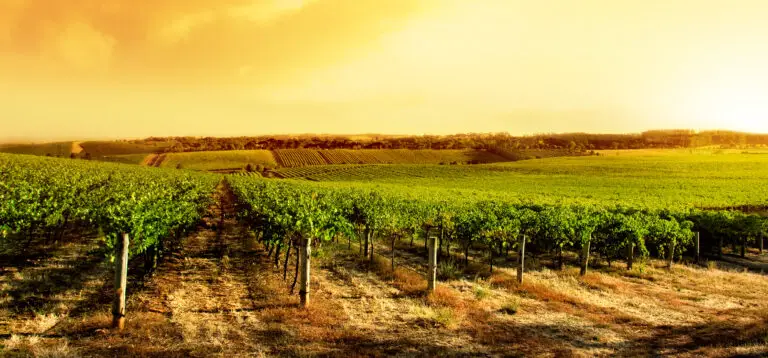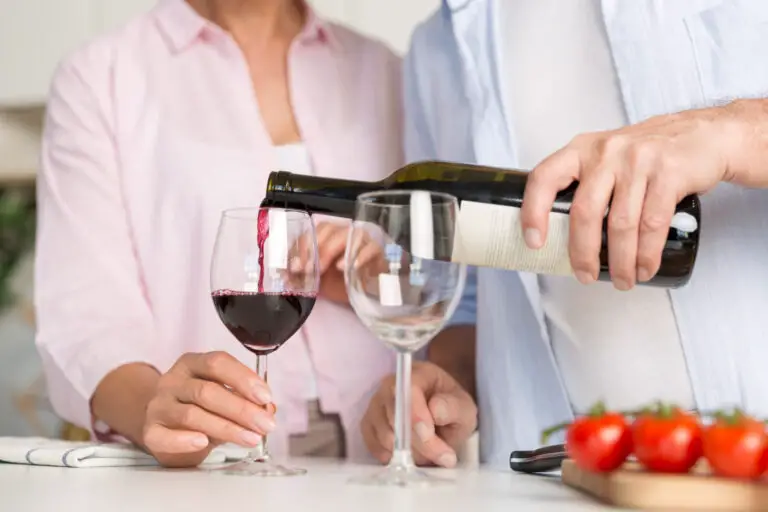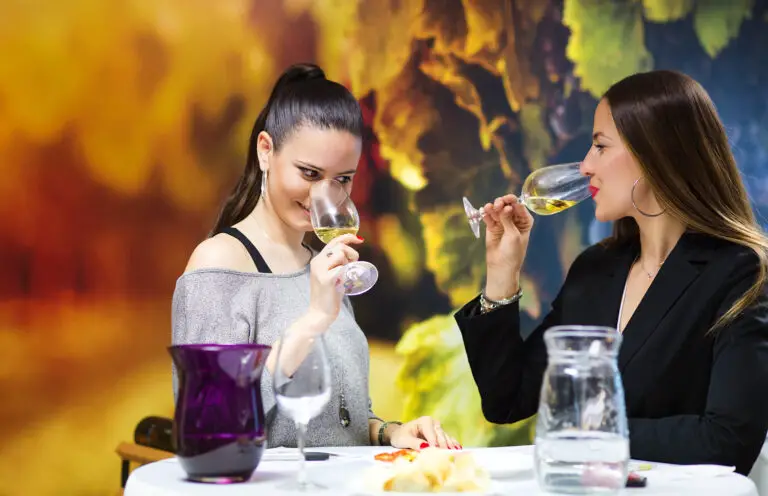If you're like most people, you think of wine tasting as something that's reserved for the rich and famous. The truth is, though, that anyone can enjoy a wine tasting experience – you don't need to be an expert on wine. With a few simple tips, you can get the most out of your next wine tasting event. Keep reading to learn more!
Wining is also something of an art. Even the most knowledgeable of vintners will tell you that there is no secret recipe to good wine. Instead, it’s all in the fundamentals. And these principles apply not only to the winemaker at hand, but also to their choice of grape, geographic location, and more. While tasting wine can be overwhelming for some people, others find it a thrilling experience.
If you fall into the latter camp, don’t worry—everyone can learn how to get the most out of your wine tasting experience with a little research and experimentation. In this blog post, we’ll cover everything you need to know about wine tasting tips from an amateur drinker to a seasoned connoisseur: – What You Need To Know About Wine Tasting
Plan ahead

Understand what you like – be able to describe what flavour profiles you enjoy. Knowledge is power when it comes to wine tasting and knowing what flavours you enjoy will help narrow down what wines your tastebuds will enjoy. Additionally, it lets you know which grapes or regions might not be worth your time and money as they might not have what you're looking for.
Prepare – know your palate and how it works. This sounds redundant, but coming into a new environment with an unfamiliar palette can leave us feeling overwhelmed and discouraged if we don't prepare ahead of time. We recommend doing a little research before heading out to get some tips on how to prepare yourself for this tasting experience so that you're less likely to walk away feeling disappointed or confused.
For example, here are some questions that could help: – What does your palette look like? What flavours do you usually gravitate towards? What flavours make up the majority of your tastes? How often do these flavours come across in things that influence your food choices? All these questions can help provide crucial information about how certain wines might go over.
Do your research

- Taste a sample before buying – this is particularly important if you're going to be buying a few bottles of wine. If you want to make sure your tastes are on point and that you're not accidentally investing in a disappointing bottle, try sampling it first.
- Listen to your body – when we say “listen to your body,” we mean don't drink too much! Just because one person can drink three bottles without getting drunk doesn't mean everyone can do the same. It's important to listen to what your body wants and avoid overindulging in alcohol.
- Choose the right time for tasting – If there's any skill that comes with practice, it's learning how to choose when it's time for a wine tasting. You might always think that now is the perfect time for a tasting, but what about when you have something else planned? Or if it's really hot outside? If you want to maximise your experience and get the most out of your wine tasting trip, consider scheduling some tasting sessions during low season or at night since wine tastes so much better when it's chilled down properly.
- Wine tasting apps – There are plenty of apps that can help improve your experience at a winery or vineyard; even apps like Planchette make it easy for users to share their own notes about what they tasted.
Don't be afraid to ask questions

What You Need To Know About Wine Tasting • Understand the basics of wine tasting. While this may seem like common sense, many people have trouble deciphering the difference between sweet and dry wines and have difficulty identifying flavours in wines. If you know what to expect from different types of wines, it will make your next trip that much more enjoyable.
Be open-minded

There are so many different types of wine, from red to white, dry to sweet, and fizzy to still. It can be daunting trying to decide which type you want to drink, let alone narrowing it down to a specific bottle. But one of the best things about wine is that there's something for everyone.
So don't be afraid to branch out and try new kinds of wine — you may be surprised at what you like! Don't be afraid to ask the staff for any recommendations. They're experts when it comes to best wines, especially matching wines with food they'll be more than happy to help you. Cheers! Here are some tips you need to know;
- Observe the wine in the glass and not just what you expect to see.
- Keep notes of your tasting experience, including any special characteristics or tastes you discovered.
- Take time to smell the wine before tasting. This will give you an idea of what each flavour profile is like.
- Before diving in, ask your server for a recommendation and then taste that wine as well. If a particular wine doesn't resonate with you, ask to try something else.
Take notes

To get started, let's take a look at the basics of wine tasting. There are five main steps: observing, inhaling, sipping, swirling and spitting.
- Observing is simply looking at the wine – its colour, clarity and legs (the streaks left on the glass after it's swirled).
- Inhaling helps us detect the aromas of the wine – fragrant herbs like lavender or rosemary pair well with some whites, for example.
- Sipping lets us enjoy the flavour and texture of the wine on our tongue.
- Swirling helps release more aromas from the wine and is also great for aerating reds (which tend to be quite tannic).
- Finally, spitting allows us to evaluate multiple wines without getting too drunk! By following these simple steps, you'll be able to taste any wine like a pro in no time. Cheers!
If you're into wines, it's important to be able to taste them and appreciate their subtle nuances. However, doing this effectively requires taking notes on what you taste. This can help you remember the wine later and ensure that you're able to articulate your thoughts about it clearly.
In addition, tasting notes can help you figure out what flavours or aromas you like most in a wine, so you can seek out similar bottles in the future. There are many ways to take notes when tasting wines, so find one that works best for you and stick with it!
Have fun!

If you’re looking for a fun way to learn about wine, go on a full day wine tasting tour. Wine tastings are a great opportunity to try different types of wines and learn about the regions where they come from. You can also chat with other wine lovers and get some tips from the experts. Hunter Valley Tours offers some great wine tasting tours in Australia’s beautiful Hunter Valley region. Thank you for reading!





